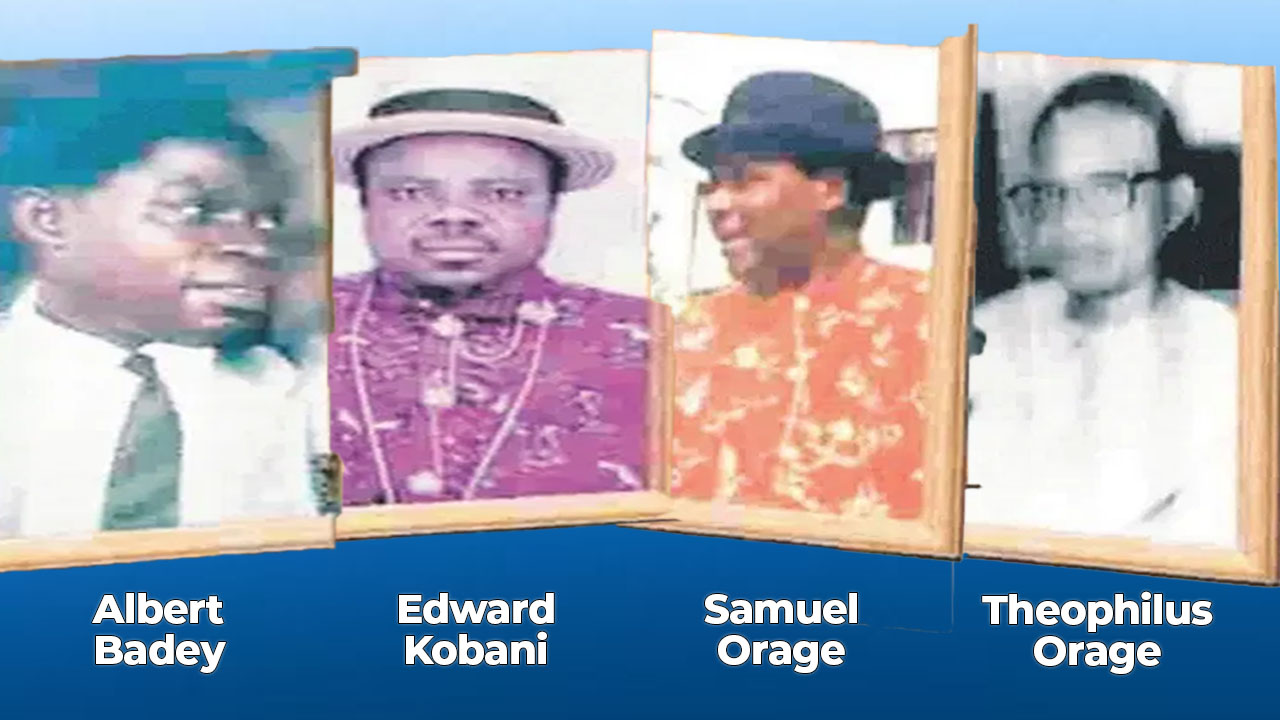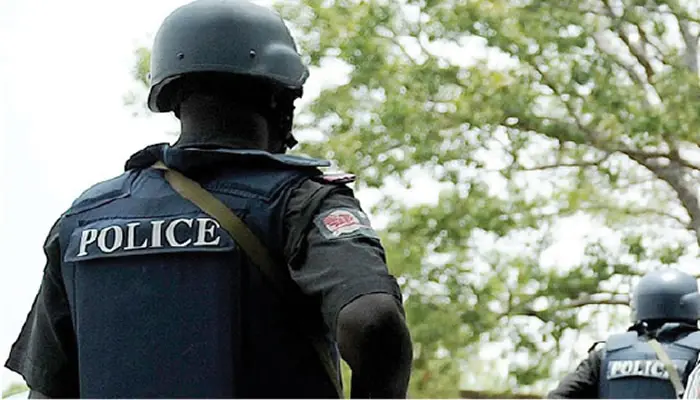The Nigerian government has finally recognised the contributions of the Ogoni Four, Albert Badey, Edward Kobani, Theophilus Orage, and Samuel Orage, who were killed on May 21, 1994, in Giokoo, Rivers State. Their deaths marked a turning point in the Ogoni struggle for environmental justice and became a reference point for military repression in the Niger Delta.
According to Mediaplusng.com, the four chiefs were considered moderates within the Movement for the Survival of the Ogoni People (MOSOP), which often put them at odds with the more radical faction led by Ken Saro-Wiwa Allegations of their closeness to the military regime created deep divisions. Despite personal ties—Edward Kobani had once been a close ally of Saro-Wiwa, while Theophilus Orage was his brother-in-law—their deaths became the trigger for a brutal government crackdown on Ogoniland
Albert Badey, who previously served as Secretary to the Rivers State Government, and brothers Samuel and Theophilus Orage were among those killed in the mob attack. For decades, the tragedy remained controversial, with some accounts suggesting it was the result of internal Ogoni disputes, while others blamed the military regime for orchestrating the violence.
Mediaplusng.com reports that on September 24, 2025, President Bola Ahmed Tinubu posthumously conferred the national honour of Commander of the Order of the Niger (CON) on the four late leaders. The honour was announced during the presentation of the report of the Presidential Committee on Ogoni Consultations.
The president, who had earlier pardoned Ken Saro-Wiwa and the other eight activists known as the Ogoni Nine, said the recognition of the Ogoni Four was necessary to heal old wounds and promote unity. The move is widely seen as a step toward reconciliation, bridging the divide between the families of the Ogoni Four and the Ogoni Nine and reinforcing the government’s commitment to environmental justice.




